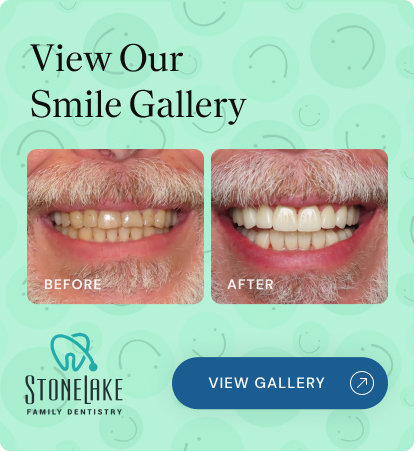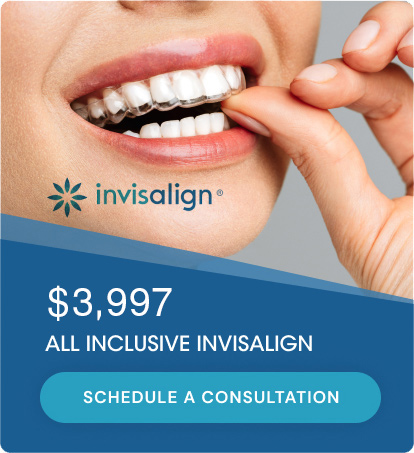Teeth Grinding
Preserve Your Smile: Addressing Teeth Grinding with Expert Care
In the realm of normalcy, your teeth should only make contact for approximately five minutes each day. During normal chewing, brief intervals of contact occur between the hardest substance in the human body—enamel surfaces. While slight wear over years of function is expected and can result in minimal chipping of bite edges, these durable surfaces should undergo nearly undetectable rates of wear.
However, some individuals develop a flattened and worn appearance in their teeth, even at a young age. X-rays may reveal unusually thin layers of enamel, resembling the effect of sandpaper on the chewing surfaces. The significant erosion of enamel through a few minutes of daily chewing is abnormal.
Unconscious Habit:
Teeth Grinding Teeth grinding, often a subconscious habit that occurs during the day or night, can lead to this accelerated wear. In many cases, grinding occurs only during sleep, lasting only a few seconds at a time. If you wake up with a sore jaw or morning headaches, there’s a high likelihood that you’re grinding your teeth at night. In some instances, this habit can result in the development of enlarged jaw muscles, among the strongest in the body, leading to potential damage.
This abrasive activity not only wears down teeth but also strains overworked muscles. The compressive forces can damage the intricate jaw joints on one or both sides, potentially causing arthritic changes, chronic pain, and popping or clicking. Once these changes set in, reversing their condition may become challenging.
Preventing Irreversible Damage:
If you experience a sore jaw, headaches upon waking, or notice chips or flattening of your teeth, consulting with Dr. Pak is crucial. Early attention to the issue can minimize potential damage. Often, a carefully calibrated night guard with a distinct bite relationship can alleviate symptoms while protecting your precious enamel.
Daytime habits of clenching or grinding also warrant attention, and strategies to reduce the problem can be devised. Dr. Pak will analyze the current relationship between your teeth to ensure optimal movement during chewing. Regardless of the cause, swiftly alleviating strain on the jaw and teeth can help prevent future problems.
Emergency Care



